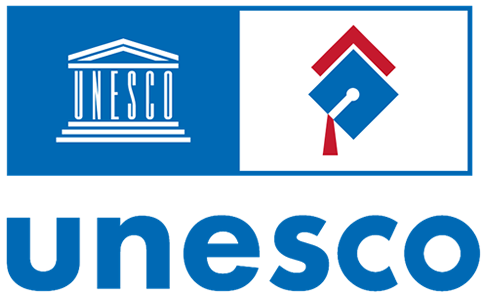Digital competences as a transversal element In Higher Education. A case study in initial teacher education in Ecuador
Abstract
This article has its origin in the need to analyse the digital competences present in the students of the Faculty of Philosophy, Letters and Educational Sciences of the Universidad Central del Ecuador within their initial teacher training. In this way, three fundamental dimensions are addressed within the current teaching work: Operational Technological Management, Design of Learning Environments and Ethical and Social Awareness. Based on these problems, the research is part of a collective work that aims to contribute to the improvement of initial teacher training by assuming formative processes as a contribution to the teaching-learning process. An applied research design was carried out, supported by qualitative and quantitative data, using various tools to obtain empirical information: interviews, analysis of documentary materials, discussion groups and surveys. The results highlight the recognition of the need to appropriate new models and postulates about the teaching-learning process, new methodologies, their functions and, above all, digital competences as a fundamental point of educational development. Emphasis is also placed on the relevance of the digital training required to face the challenges posed by the new educational paradigm when introducing TD to educational practices in accordance with the 21st century.
Copyright (c) 2023 Rosabel Roig-Vila, Diego Sierra Pazmiño

This work is licensed under a Creative Commons Attribution-NonCommercial 4.0 International License.
Copyright notice
Copyright allows the protection of original material, and curbs the use of others' work without permission. UNESCO IESALC adheres to Creative Commons licenses in the open access publication of ESS. Specifically, texts published in this journal are subject to a Creative Commons Attribution-NonCommercial 4.0 International (CC BY-NC 4.0) license: ESS is an open access journal, which means that all content is freely available to the user or their institution. Users may read, download, copy, distribute, print, search or link to the full text of the articles, or use them for any other lawful purpose, without asking prior permission from the publisher or the author, always making sure to cite the author. Commercial use is not permitted. ESS requires authors to accept the Copyright Notice as part of the submission process. Authors retain all rights.
The full license can be found at https://creativecommons.org/licenses/by-nc/4.0/
 Attribution - NonCommercial (CC BY-NC 4.0)
Attribution - NonCommercial (CC BY-NC 4.0)
This journal does not charge authors for the submission or processing of articles. The authors of the contributions will receive acknowledgment of receipt that the work has reached the Editorial Team of the Journal.




.png)
